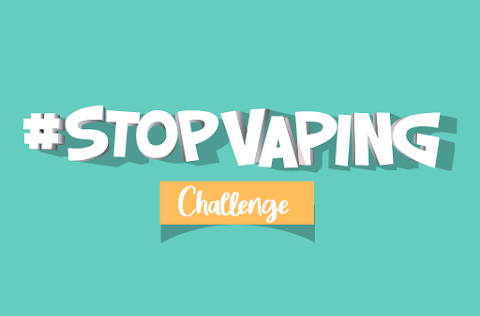Abstract
Objective: Secondhand smoke exposure (SHSe) harms adults and children. Though most governments are obliged by international health treaty to protect nonsmokers from SHSe, few adequately do so. Public opinion can provide a powerful mandate for smoke-free policies, but a representative public voice is often absent from the political discussion. For example, following Cabinet approval of a national tobacco control plan, Israel remains embroiled in stormy debate about smoke-free legislation. This debate has unfolded without benefit of current empirical evidence on nationwide public support. The present study reports and assesses public opinion regarding smoke-free places.
Methods: A nationally representative survey (n = 505) was conducted in December, 2010. The response rate was 61%.
Results: Public opinion supports smoke-free air in many places. There was broad consensus among current, former, and never-smokers for smoke-free cars carrying children (94.4%), and smoke-free healthcare facility entrances (92.6%). A clear majority (67.0%) supported completely smoke-free bars and pubs. Nearly half (47.3%) supported eliminating school staff smoking rooms.
Conclusions: These data strengthen the case for the recent government-approved tobacco control plan. Valid data regarding public opinion on tobacco control can facilitate passage and implementation of smoke-free legislation, thus speeding transition to smoke-free societies.
Author(s): Anat Oren, Laura Rosen, David Rier, Robert Schwartz, Anna Kopel, Alexandra Gevman, Mitch Zeller, and Greg ConnollyDate: July 2012
Type of Publication: Journal Article


 Download directly from your phone’s app store, or through the following links:
Download directly from your phone’s app store, or through the following links: 




